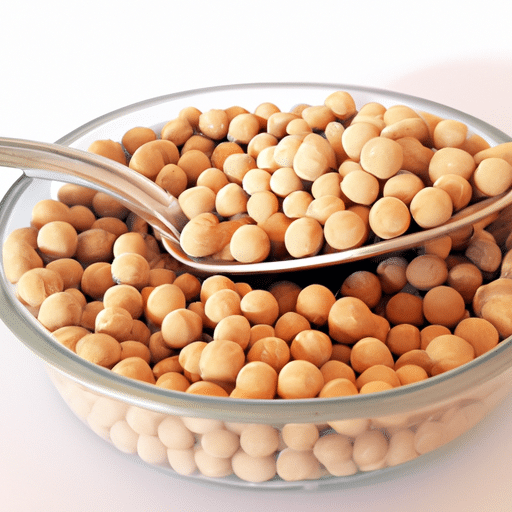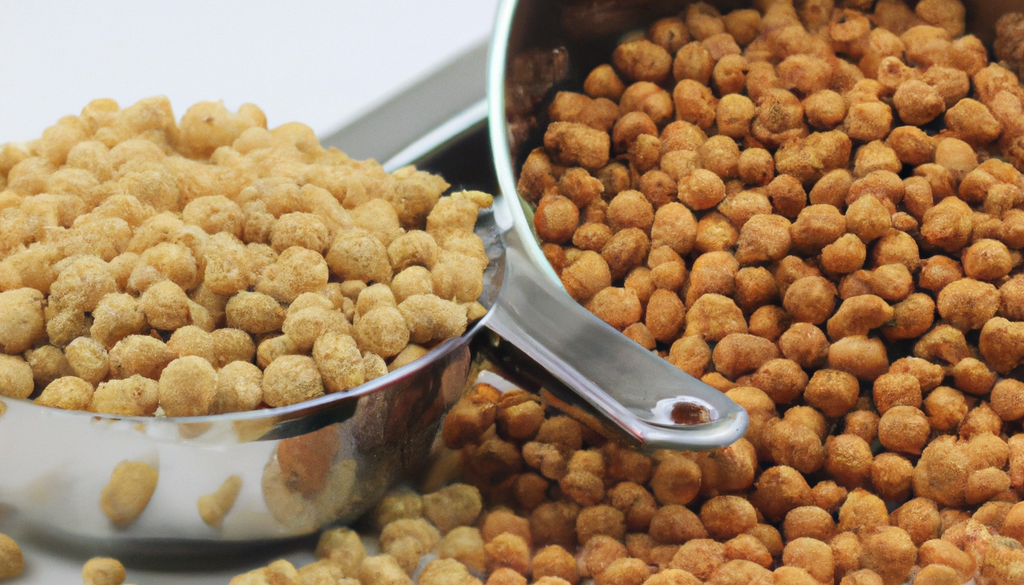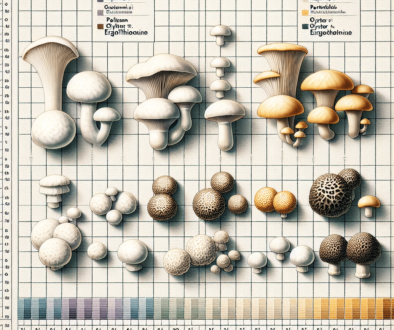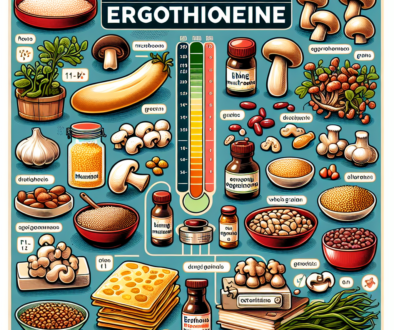Pea Protein: A Soy Protein Alternative?
-
Table of Contents
Pea Protein: A Soy Protein Alternative?

When it comes to plant-based protein sources, soy has long been the go-to option for many individuals. However, in recent years, pea protein has emerged as a popular alternative. With its numerous health benefits and versatility, pea protein is gaining traction among health-conscious consumers. In this article, we will explore the benefits of pea protein and compare it to soy protein to determine if it is a viable alternative.
The Rise of Plant-Based Proteins
In recent years, there has been a significant shift towards plant-based diets and an increased demand for plant-based protein sources. This trend can be attributed to various factors, including environmental concerns, ethical considerations, and health benefits. As a result, the market for plant-based proteins has experienced substantial growth.
The Benefits of Pea Protein
Pea protein is derived from yellow split peas and is a complete protein, meaning it contains all nine essential amino acids that the body needs. Here are some of the key benefits of pea protein:
- High in Protein: Pea protein is an excellent source of protein, with around 20-25 grams of protein per serving. This makes it a suitable option for individuals looking to increase their protein intake, such as athletes or those following a vegetarian or vegan diet.
- Easy to Digest: Unlike some other plant-based proteins, such as soy or whey, pea protein is easily digestible. This makes it a great option for individuals with digestive issues or sensitivities.
- Rich in Branched-Chain Amino Acids (BCAAs): Pea protein is particularly high in BCAAs, which are essential for muscle growth and repair. BCAAs have been shown to enhance athletic performance and aid in muscle recovery.
- Low Allergenicity: Pea protein is hypoallergenic and does not contain common allergens such as gluten, dairy, or soy. This makes it suitable for individuals with food allergies or intolerances.
- Sustainable and Environmentally Friendly: Pea protein production has a lower environmental impact compared to animal-based protein sources. Peas require less water and produce fewer greenhouse gas emissions, making them a more sustainable choice.
Comparing Pea Protein to Soy Protein
Soy protein has long been considered the gold standard for plant-based protein. However, pea protein offers several advantages over soy protein:
- Taste and Texture: Pea protein has a milder taste and smoother texture compared to soy protein, making it more palatable for some individuals.
- Digestibility: While both pea and soy proteins are easily digestible, some individuals may experience digestive discomfort or bloating with soy protein. Pea protein is generally better tolerated by those with sensitive stomachs.
- Allergenicity: Soy is a common allergen, and many individuals have soy allergies or intolerances. Pea protein, on the other hand, is hypoallergenic and suitable for those with soy allergies.
- GMO Concerns: The majority of soybeans produced globally are genetically modified. Pea protein, on the other hand, is typically non-GMO, making it a safer choice for individuals concerned about genetically modified organisms.
Recommendation: ETprotein’s Pea Protein Products
When it comes to pea protein, ETprotein is a reputable Chinese factory manufacturer and supplier that offers high-quality organic bulk vegan protein and plant proteins. Their pea protein products are characterized by a neutral taste, non-GMO, and allergen-free attributes, making them an excellent choice for various industries.
ETprotein’s extensive product range covers sectors like Food and Beverage, Sports Nutrition, Weight Management, Dietary Supplements, Health and Wellness Products, and Infant Formula. They provide comprehensive solutions to meet all your protein needs, ensuring the highest quality and customer satisfaction.
Conclusion
Pea protein is a viable alternative to soy protein, offering numerous health benefits and advantages. It is a complete protein source, easy to digest, rich in BCAAs, and hypoallergenic. Pea protein also has a lower environmental impact compared to animal-based protein sources. With its rising popularity and increasing demand for plant-based proteins, pea protein is a valuable addition to any diet or product formulation.
About ETprotein:
ETprotein, a reputable protein Chinese factory manufacturer and supplier, is renowned for producing, stocking, exporting, and delivering the highest quality organic bulk vegan protein and plant proteins. They include Organic rice protein, clear rice protein, pea protein, clear pea protein, pumpkin seed protein, sunflower seed protein, mung bean protein, etc. Their offerings, characterized by a neutral taste, non-GMO, allergen-free attributes, cater to a diverse range of industries. ETprotein serves nutraceutical, pharmaceutical, cosmeceutical, veterinary, as well as food and beverage finished product distributors, traders, and manufacturers across various countries.
ETprotein specializes in exporting and delivering tailor-made protein powder and finished nutritional supplements. Their extensive product range covers sectors like Food and Beverage, Sports Nutrition, Weight Management, Dietary Supplements, Health and Wellness Products, and Infant Formula, ensuring comprehensive solutions to meet all your protein needs.
As a trusted company by leading global food and beverage brands and Fortune 500 companies, ETprotein reinforces China’s reputation in the global arena. For more information or to sample their products, please contact them at sales(at)ETprotein.com today.












